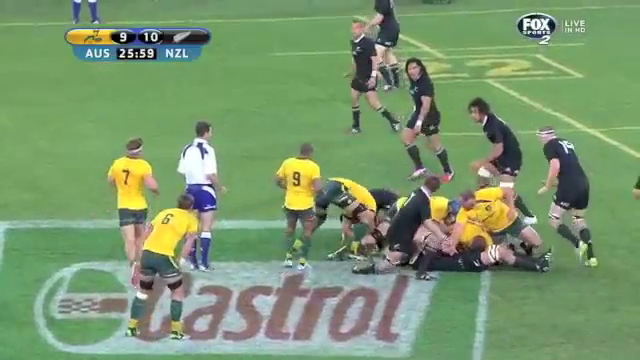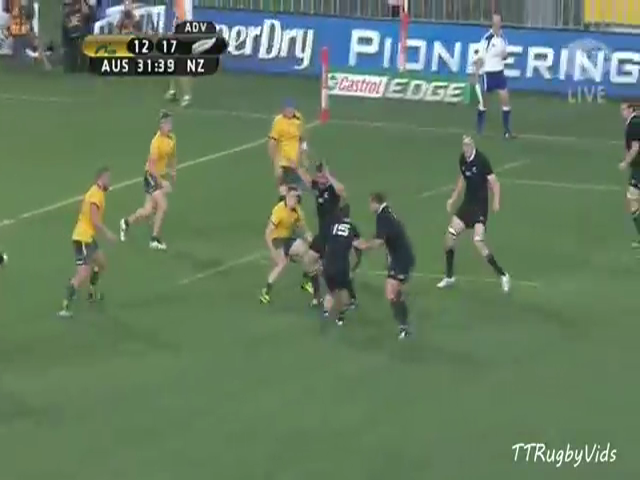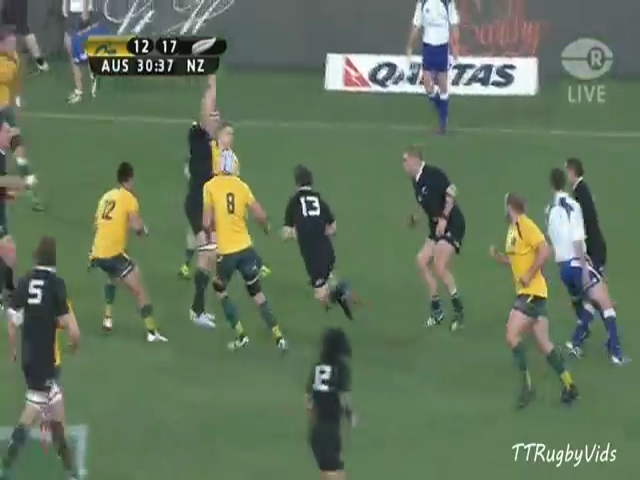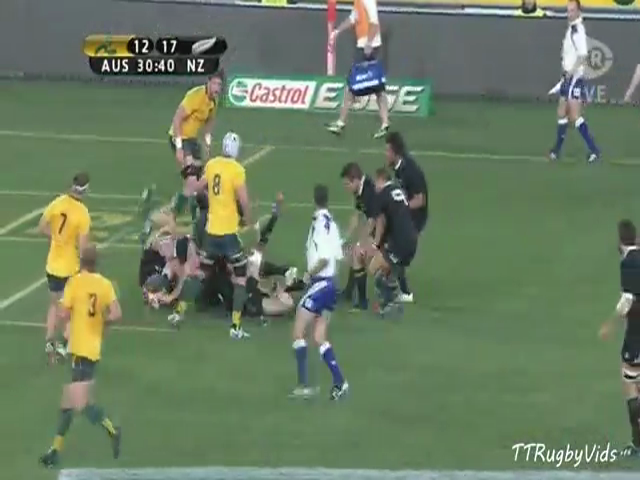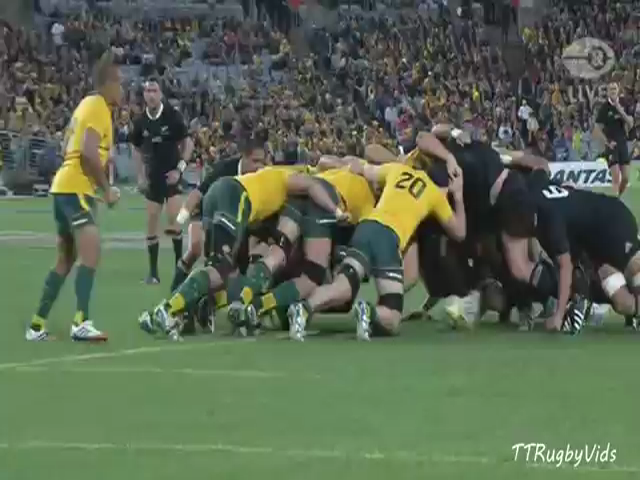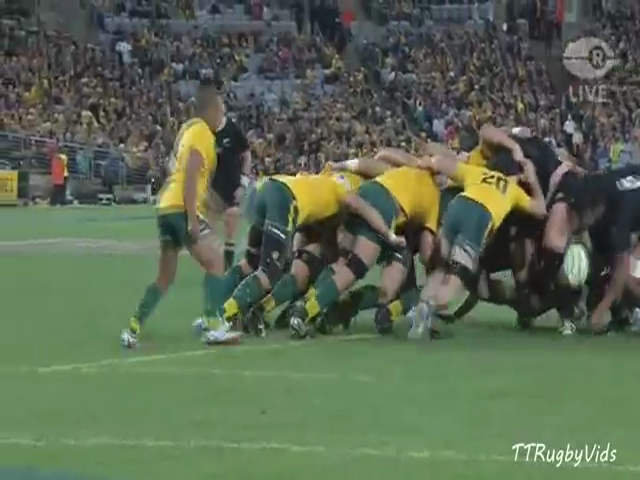Dam0
Dave Cowper (27)
Don't get caught up in the details. A dangerous tackle is like pornography (to paraphrase the US Supreme Court), hard to define, but we know it when we see it. Trying to define tackles with particular details is unnecessary.
If you pick a guy up and drop him or drive him on his head or shoulder I would expect every referee to give a RC without worrying about whether the guy was still moving or whether the tackle began above or below the waist. Tackles where the person is lifted beyond horizontal, but the person is put down safely are always a PK, and sometimes a YC, depending on the circumstances. There are tackles where the person is not lifted beyond the horizontal and yet it is still worthy of a card. There are no hard and fast rules, just some guidelines.
If you pick a guy up and drop him or drive him on his head or shoulder I would expect every referee to give a RC without worrying about whether the guy was still moving or whether the tackle began above or below the waist. Tackles where the person is lifted beyond horizontal, but the person is put down safely are always a PK, and sometimes a YC, depending on the circumstances. There are tackles where the person is not lifted beyond the horizontal and yet it is still worthy of a card. There are no hard and fast rules, just some guidelines.

